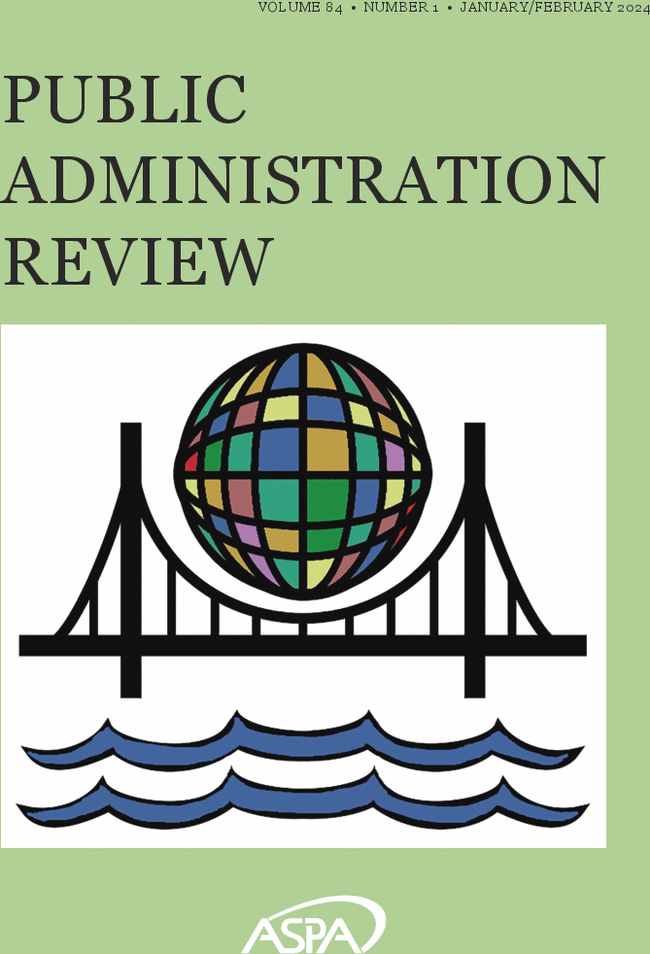无形而不可或缺:利用低级的招标书提升公共价值
IF 6.1
1区 管理学
Q1 PUBLIC ADMINISTRATION
引用次数: 0
摘要
征求建议书(RFP)可能是官僚主义的最高境界。然而,在这看似单调的工作中却隐藏着推进公共价值的强大工具。联邦、州和地方政府的拨款数额惊人,每年高达数千亿美元。在这些拨款中,行政部门往往被赋予很大的自由裁量权。这些都是事关重大的选择,但负责这项工作的公共管理人员却很少得到支持。本文通过加强我们对如何授权和应用 RFP 自由裁量权的理解,探讨了改进行政决策的潜力。借鉴专业经验,我们创建了一个框架来识别这些建议书中自由裁量权的各个层面,并将其应用于明尼苏达州的一个案例。最后,我们呼吁学术界和实务界更好地合作,开展实证调查,以改进 RFP 管理;这样做,将有巨大的潜力帮助公务员为公众改善成果。本文章由计算机程序翻译,如有差异,请以英文原文为准。
Invisible and indispensable: Using the lowly request for proposals to advance public value
Requests for Proposals (RFP) may be the pinnacle of bureaucratic mundanity. Yet, hidden within this apparent monotony are powerful tools to advance public values. Federal, state, and local government grants deploy staggering sums, reaching into the hundreds of billions of dollars annually. With these distributions, the executive branch is often delegated substantial discretion. These are choices of consequence, but little support exists for public managers tasked with this work. This article examines the potential to improve administrative decision‐making by enhancing our understanding of how discretion is authorized and applied regarding RFPs. Drawing from professional experience, we create a framework to identify dimensions of discretion in these proposals and apply it to a Minnesota case. We end with a call for academics and practitioners to better partner on empirical inquiry that improves RFP administration; in doing so, there is immense potential to help civil servants to improve outcomes for the public.
求助全文
通过发布文献求助,成功后即可免费获取论文全文。
去求助
来源期刊

Public Administration Review
PUBLIC ADMINISTRATION-
CiteScore
15.10
自引率
10.80%
发文量
130
期刊介绍:
Public Administration Review (PAR), a bi-monthly professional journal, has held its position as the premier outlet for public administration research, theory, and practice for 75 years. Published for the American Society for Public Administration,TM/SM, it uniquely serves both academics and practitioners in the public sector. PAR features articles that identify and analyze current trends, offer a factual basis for decision-making, stimulate discussion, and present leading literature in an easily accessible format. Covering a diverse range of topics and featuring expert book reviews, PAR is both exciting to read and an indispensable resource in the field.
 求助内容:
求助内容: 应助结果提醒方式:
应助结果提醒方式:


